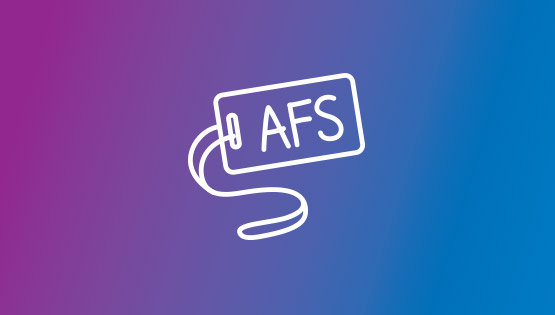Tailandia, la puerta del Sudeste de Asia, atrae más visitante que cualquier otro país en la región, gracias a sus asombrosas bellezas naturales, templos adornados, cocina robusta, y las ruinas de los antiguos reinos. Vivirás la experience de una comprometedora y única cultura de rica gastronomía, meditación, templos Budistas y mercados nocturnos vivos.
Las escuelas tailandesas son el centro de la diva de los adolescentes tailandeses, su vida social se desarrolla en las escuelas. ver películas y la televisión son las formas más populares de entretenimiento. El fútbol, el tenis de mesa, badminton y el voleibol son los deportes populares. Los jóvenes no suelen tomar alcohol ni fumar.


